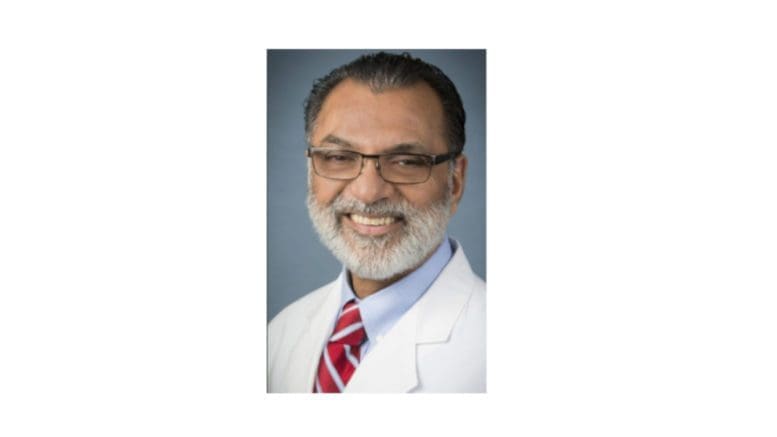Wellstar Health System recently opened a gastroenterology practice in its East Cobb Health Park. On Friday the Courier conducted an interview with gastroenterologist Dr. Arif Aziz.
In Wellstar’s announcement of the opening of the practice, the role of Dr. Aziz was described as follows:
Dr. Arif Aziz, a board-certified gastroenterologist with more than 35 years of experience treating routine and complex digestive issues, will lead the practice and provide care. Dr. Aziz treats conditions such as cirrhosis, liver and colon cancer, gastroesophageal reflux disease (GERD), Crohn’s disease and ulcerative colitis.
The Courier began by asking Dr. Aziz to describe what gastroenterology is.
“Gastroenterology is a specialty of gastrointestinal disorder. So it’s a fairly wide specialty. It includes disorders of the stomach, small intestine, colon, pancreas, liver, and gallbladder.
“Our specialty has two components to it. One is the office component where we see patients in the office for consultation, and the other component is the procedures that we do, which are colonoscopies and what we call upper endoscopies.”
Under what circumstances should a person see a gastroenterologist?
“The typical patient that we see are patients who have acid reflux, patients with abdominal pain, patients with liver diseases, or somebody who was having diarrhea or bleeding. These are the general patients we usually see.”
Should patients make routine visits to a gastroenterologist?
“About the only time a person who does not have symptoms would see us would be for screening for colon cancer … to get the colonoscopies done.”
I sometimes get a stomach ache and ignore it because it always passes. What are the symptoms that would cause a patient to need to call a gastroenterologist?
“One-offs (such as a stomach ache) are usually nothing.
“It’s persistent symptoms. Anybody who has persistent abdominal pain, sees blood in their stools, has noticed a persistent change in the way they move their bowels or persistent heartburn. If somebody has symptoms that are not one-offs, then it would be a good idea to see a gastroenterologist.
“Anybody with liver disorders obviously should gastroenterologist.”
How has the COVID pandemic affected your practice?
“I think the COVID has affected GI practices because patients are reserved or shy of getting care.
“More importantly, for procedures, because they have to come into an outpatient center to get the procedure done. And they’re scared of being exposed to other people who may have COVID and that leads to delay in diagnosis.
“Early-stage colon cancer does not have any symptoms, and that’s the best time to diagnose it.
“And somebody would say, ‘Well, you know, I am 52, I need a colonoscopy done, but I’ll just wait out this COVID thing for a year, and then go on and get my colonoscopy done.’
“And by that time the cancer may have spread, and the outcome may be worse.
“So people are really reluctant to get the procedures done, more so than to not be seen in the office.
“So people who are concerned about exposure to COVID and don’t want to come to our offices, always have the option of video, a virtual visit for them.”
What is different about the new practice at East Cobb Health Park from the way Wellstar was practicing gastroenterology before?
“With the opening of the new practice, Wellstar Gastroenterology is going to start seeing patients now for the first time at the Health Park.
“But in addition to having an office, what’s added is that we will also be doing all our GI procedures at the Health Park versus patients having to go further away to get the procedures done.
“Patients that live in that community are seen in the Health Park office, and their procedures will be done in the Health Park, which will be convenient for the patients, and keep all the healthcare local.”
Is there anything else that wasn’t covered in the questions that you think it would be important for readers to know?
“Yes.
“Fatty liver is a liver disorder, that as our population’s obesity rate keeps on going up, the rate of fatty liver keeps on going up also.
“That’s a disorder that’s among the top three reasons for liver transplants now.
“Early-stage fatty liver is usually asymptomatic except for mild increase in the liver blood test.
“So we have started doing a special kind of ultrasound at the Health Park that was not previously available here that measures not only how bad the fatty liver is, but also it can measure how much damage has been done to the liver, because of the fatty liver.
“That special ultrasound is called FibroScan. So that’s a new technology that we are also bringing to the Health Park.”
